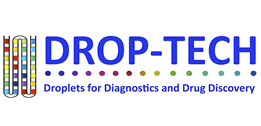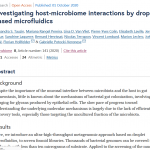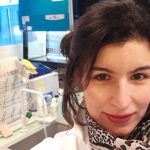
Today, let’s introduce Dr. Liisa Van Vliet, from Partner Drop-Tech (UK)
Liisa Van Vliet is the Managing Director of Drop-Tech, a Cambridge-based company commercialising a patented droplets-on-demand sampler that allows the creation of microfluidic droplet sequences from up to 24 samples. This technology was created through a collaboration between microfluidic groups at Imperial College London and the University of Cambridge.
Liisa has an M.Phil and Ph.D. in the field of drug discovery and over 10 years research in miniaturisation and microdroplets at the University of Cambridge. She worked for a global business consulting firm before returning to science with a BBSRC/RSE Enterprise Fellowship award to found Drop-Tech. Find out more about her in this latest “Meet the MetaFluidics team” interview!
- How did you become a scientist ?
It’s in my genes ! And also thanks to several incredibly inspiring Science teachers in school and especially thanks to the encouragement from my Undergraduate and PhD supervisors.
- What are the main topics you are currently working on?
Microfluidics, Metagenomic screening, Alzheimer Diagnosis, Drug development… Quite varied indeed and always trying to bring some benefit to society!
- What things give you the greatest satisfaction at work?
Learning something new every day, seeing people make their first droplets! And working on something that will have a serious impact on the health of people and our planet.
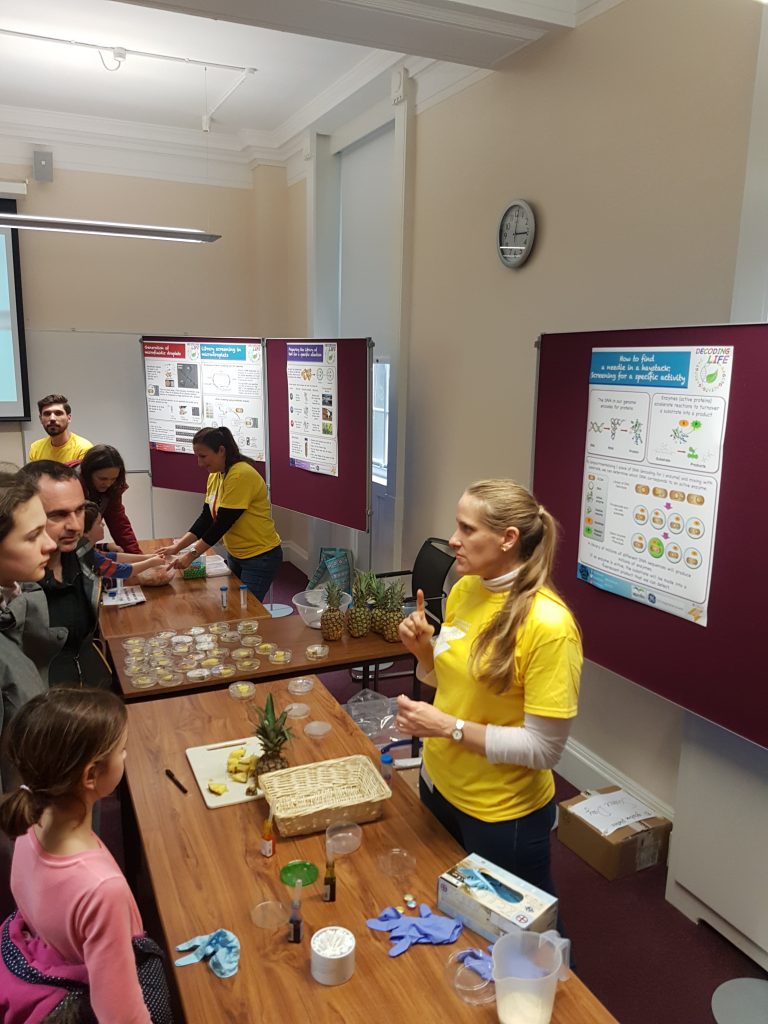
- What things frustrate you the most in your research? How do you usually cope with these?
Fighting for funding, when the applications are clearly for the benefit of society. And currently, not having enough time to have fun in the lab, but having to deal with the necessary other responsibilities. Sometimes the workload is overwhelming, but family, friends and travelling keep me sane.
- What is exactly your role in the MetaFluidics project?
Drop-Tech is responsible for helping the academic groups in the consortium prepare for the commercialisation of their innovations, by identifying the key benefits of their research and mapping out the potential markets for their research outcomes. We also provide advice for the partners who are new to the exciting world of microfluidics.
- Can you give us an example of MetaFluidics applications?
The microfluidic techniques developed by our University of Cambridge partner can be used for a variety of applications: from drug discovery to improving enzymes for use in the food, textile, chemical and biofuel industries for example. Nature has evolved over millennia to perform highly specialised reactions, and we have barely scratched the surface when it comes to exploring genomic sequence space. Screening the huge landscape of genomic material from the environment will provide new, interesting and useful enzymes over the next decade.
- A more personal question now… If you were stuck on an island, what three things would you bring and why?
A musical instrument (guitar or flute), Rayuela by Cortázar, a water desalinisation kit.
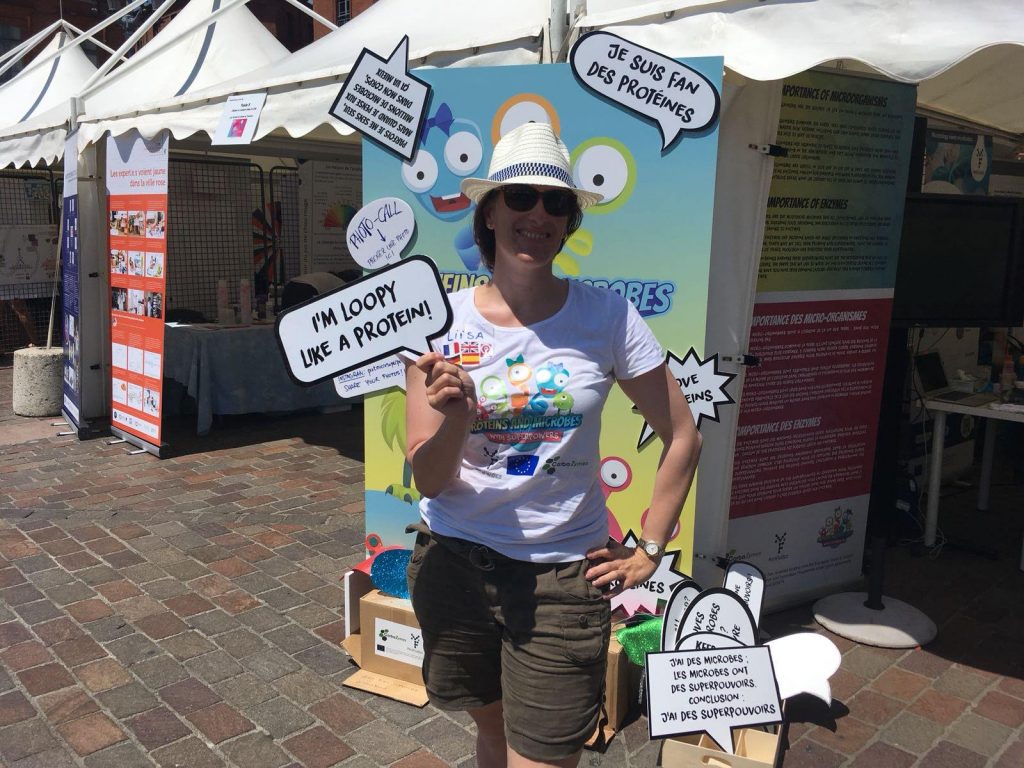
For more information about Partner Drop-Tech, visit their webpage: http://drop-tech.com/
